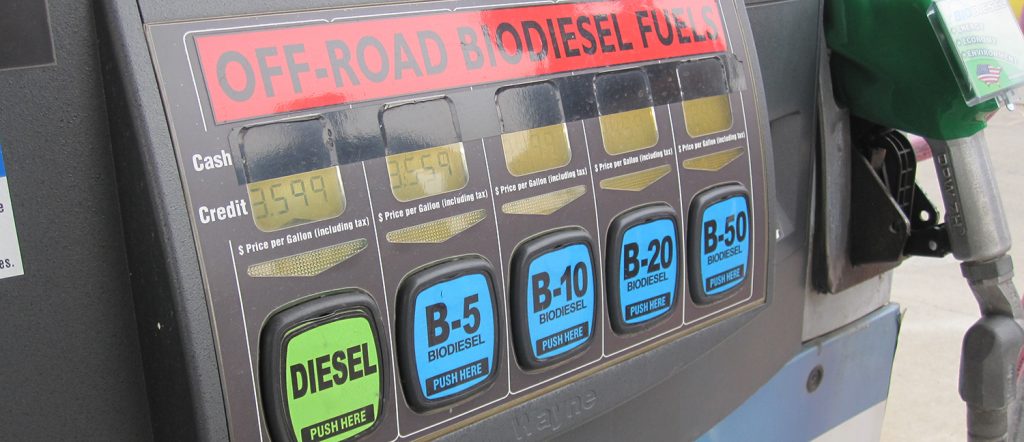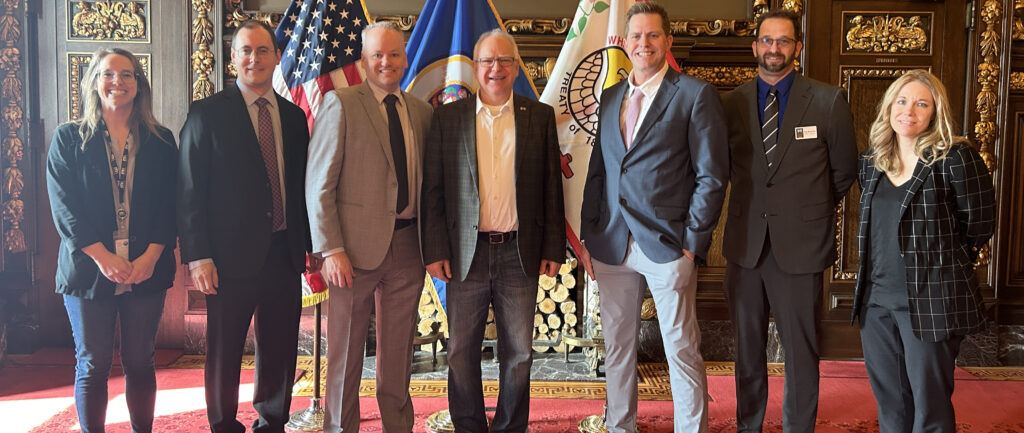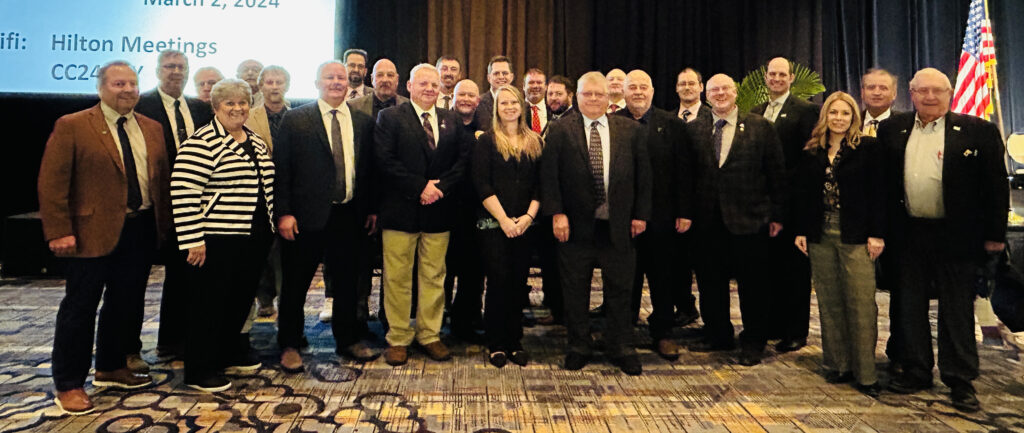Agreement aims to close loopholes on future small refinery exemptions
The National Biodiesel Board (NBB) thanked President Trump for directing the Environmental Protection Agency (EPA) to properly account for future small refinery exemptions in annual Renewable Fuel Standard rules. NBB also thanked Agriculture Secretary Sonny Perdue, Gov. Kim Reynolds (R-IA), Sen. Chuck Grassley (R-IA) and Sen. Joni Ernst (R-IA) for their steadfast defense of the renewable fuel industry and the RFS program.
“On behalf of NBB’s members and soybean growers, we are grateful that President Trump is taking a huge step to restore integrity to the Renewable Fuel Standard,” says NBB CEO Donnell Rehagen. “Biodiesel producers continue to be severely harmed by EPA’s misuse of small refinery exemptions. Nine producers from across the country – including in Pennsylvania, Michigan, Texas, Georgia and Iowa – have closed their doors or reduced operations and laid off more than 200 employees. Today’s announcement is a first step in reversing the loss of production and restoring those jobs.”
Under this agreement, the following actions will be undertaken by EPA and USDA:
- In a forthcoming supplemental notice building off the recently proposed 2020 Renewable Volume Standards and the Biomass-Based Diesel Volume for 2021, EPA will propose and request public comment on expanding biofuel requirements beginning in 2020.
- EPA will seek comment on actions to ensure that more than 15 billion gallons of conventional ethanol be blended into the nation’s fuel supply beginning in 2020, and that the volume obligation for biomass-based diesel is met. This will include accounting for relief expected to be provided for small refineries.
- EPA intends to take final action on this front later this year.
- In the most recent compliance year, EPA granted 31 small refinery exemptions.
- Building on the President’s earlier decision to allow year-round sales of E15, EPA will initiate a rulemaking process to streamline labeling and remove other barriers to the sale of E15.
- EPA will continue to evaluate options for RIN market transparency and reform.
- USDA will seek opportunities through the budget process to consider infrastructure projects to facilitate higher biofuel blends.
- The administration will continue to work to address ethanol and biodiesel trade issues.
Made from an increasingly diverse mix of resources such as recycled cooking oil, soybean oil and animal fats, biodiesel is a renewable, clean-burning diesel replacement that can be used in existing diesel engines without modification. It is the nation’s first domestically produced, commercially available advanced biofuel. NBB is the U.S. trade association representing the entire biodiesel value chain, including producers, feedstock suppliers, and fuel distributors, as well as the U.S. renewable diesel industry.
“Proper accounting of the exemptions is vital to ensure that the annual RFS volumes send a reliable signal to biodiesel producers, who are making investments and plans for the future. The biodiesel industry relies on the RFS program to support continued growth and market development,” says Kurt Kovarik, NBB vice president of federal affairs. “While today’s proposal addresses the lost gallons from future exemptions, it does not provide for additional volumes of biomass-based diesel in 2021. We will continue to press EPA to send signals for future growth for biodiesel producers and soybean farmers.”
Minnesota is at the forefront of the nation’s biodiesel movement, after completing the second year of the state’s B20 (20 percent biodiesel) minimum blending requirement during the summer months. Biodiesel generates nearly $1.7 billion in economic activities in Minnesota, adds nearly 5,400 jobs and adds an estimated 63 cents to the value of each bushel of soybeans.





